Some movies are going to divide audiences. Opening this week is one such film, The Glass Castle.
The movie, based off of the book of the same name, tells the real life story of Jeanette Walls (played by Brie Larson) and her upbringing in a highly dysfunctional family. The film holds back on portraying neither Walls’ fondness for her parents, nor the depths of her parents’ failures.
Throughout much of the film, the story never decides whether it wants to praise or demonize Rex Walls, Jeanette’s father played by Woody Harrelson. From scene to scene (and sometimes within the same scene), Rex will be portrayed one moment as an incompetent, idealistic drunk, unable to take care of his family and then, within moments, it will portray him as a kind, caring, intelligent and charismatic father.
We see Rex as a broken man with the potential to be a great man, but his inability to overcome his demons leads him to drag his family through Hell.
Then, when the film moves into the third act, the storytelling shifts more toward Hollywood tropes and clean resolution. Unfortunately, given the journey up to this point in the film, this ends up sending a jumbled message that almost praises a neglectful and abusive father.
Walking out of the theater, my friend in the screening immediately declared that the film was the most tone-deaf film he has seen this year. Another remarked that it was the worst movie she had seen all year, and a morally repugnant story attempting to praise a repulsive man. While I can completely understand where both of them are coming from, that wasn’t my experience with the film at all. In fact, while these criticisms are likely true of the execution of the film, they’re not the intent of the film at all.
Here’s the thing: For the film’s many storytelling flaws and clichés, it may be the best presentation of the confusion, nostalgia and cognitive dissonance that many people who grew up in dysfunctional homes struggle with.



